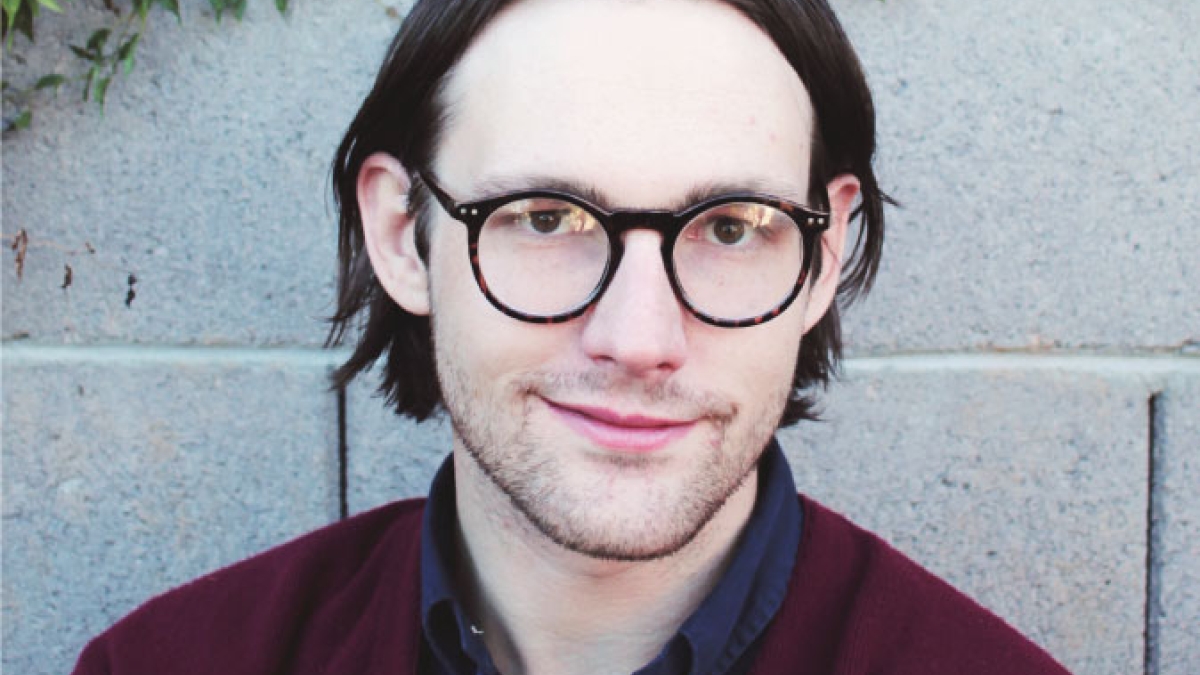Every year, students from Arizona State University's School of Politics and Global Studies have the opportunity to study under the school’s esteemed faculty while they research and study special topics in areas of political science, international relations and more as part of the Junior Fellows Program.
But the experience doesn't end there.
Political science and philosophy senior Cody Inglis first decided to explore Junior Fellows after he took an ethnic conflict class with School of Politics and Global Studies professor David Siroky, where he was able to learn more about contemporary issues on a global scale. Outside of class, Inglis would find himself frequently speaking to Siroky about the topics discussed in class. His involvement in Junior Fellows would eventually lead him to an opportunity to take his research abroad.
“Professor Siroky and I would speak about the topics in the class more in-depth than the seminar,” Inglis said. “It really interested me because I was a product of this post-Cold War world.”
While in the Junior Fellows program, Inglis studied the international relations of secessionist states in the post-Cold War era, using the knowledge he gained from studies he had done previously that were related to his chosen topic.
“I came up with the project where I looked at secessionist states that came after the Cold War,” Inglis said. “There are a lot of deep historical and political and economical narratives that come out of these conflicts, and it’s not nearly about government control — it’s about ethnicity, language and territory.”
After Inglis’ successful work and research in his field, Siroky presented Inglis with an opportunity to present his research at the Central European University, an experience that was rare for undergraduates to participate in. Inglis seized the chance, and in August, Inglis packed his bags and flew to Budapest, Hungary, to attend the conference.
“It was wild, and it was so different than studying abroad,” Inglis said. “Presenting at a conference is different because it’s the central focus of everything. You’re going there for this one presentation of your own work that you have done.”
While at the conference, Inglis was able to meet and connect with students just like him and talk about issues pertaining to empires and nations and how they are formed and dissolved. On the last day of the conference, Inglis presented his research about secessionist states.
“It was this really deep engagement with not only undergraduate students but also graduate students and the faculty at the university,” Inglis said. “It gave me this great view of what graduate student life is like and what independent research really accumulates into when you present at these conferences. It was a very practicalist way of how to receive criticism gracefully.”
Inglis, who graduates this December, said his experiences at the School of Politics and Global Studies and his presentation in Europe has inspired him to take his postgraduate career abroad, where he plans to pursue his master's in comparative history at Central European University next fall.
To learn more about the Junior Fellows Program, visit pgs.clas.asu.edu/student-life/junior-fellows.
Written by Sydney Greene
More University news

ASU on the cusp of becoming a $1B research university
Once a fledgling research school, Arizona State University soon will hit $1 billion in annual research funding, placing the…
ASU tops $900 million in research expenditures
For the past decade, Arizona State University has been climbing the ranks as one of fastest-growing research universities in the…

ASU names 3 Regents Professors for 2025
Three Arizona State University professors are being honored with the highest faculty award possible — Regents Professor.The three…
